New Scientist covers the latest developments in science and technology that will impact your world. New Scientist employs and commissions the best writers in their fields from all over the world. Our editorial team provide cutting-edge news, award-winning features and reports, written in concise and clear language that puts discoveries and advances in the context of everyday life today and in the future.
Elsewhere on New Scientist
New Scientist Live is back • Join us for a mind-blowing weekend of discovery and excitement
New Scientist
The first of many epic journeys
Quantum error correction • Useful quantum computers are getting closer Google, Microsoft and others have taken big steps towards error-free devices, hinting that quantum computers that solve real problems aren’t far away, says Alex Wilkins
Day flights are better for the climate • Aircraft contrails seem to have a net cooling effect in the daytime because they reflect sunlight
New picture of how our immune system changes as we age
Tumours targeted by a precision radioactive ion beam
How ‘river piracy’ may have made Mount Everest even taller
AI photo tweaks can alter memories • People misremember more details if images are edited to change what really happened
Octopuses and fish team up to catch prey
Jet stream linked to fires and plague • The historical impacts on Europe of shifts in these high-level winds have been revealed by tree ring data, highlighting risks in a warming world, finds Madeleine Cuff
Microplastics in the body • How much should we worry about microplastics harming us? Many studies have found tiny bits of plastic throughout the human body. But whether they are bad for our health is still to be worked out, says Grace Wade
World’s oldest cheese found on Chinese mummies
Hundreds more Nazca drawings discovered in Peruvian desert
AIs get worse on simple questions as they get bigger
The greenest cooking oil? • Growing camellia plants for cooking oil could boost production and reduce environmental impacts
Cannibalised person on doomed Franklin expedition identified
How smart devices can learn your habits • Smart TVs and voice assistants can track your behaviour and habits at home in their own ways – and it isn’t always easy to opt out, finds Jeremy Hsu
Axolotls seem to pause their biological clocks and stop ageing
Hunt for alien transmissions draws a blank
New chemical bond between atoms created
Forests became less diverse when ancient people started herding pigs
Planet found in star’s ‘forbidden zone’ • A distant planet should have been consumed when its star expanded to become a red giant
Placebo pain relief may not involve dopamine
Mixed signals • Smartphones have indeed created an anxious generation, but it isn’t young people, it is their parents, argues neuroscientist Dean Burnett
Not sure what to see at New Scientist Live? • Here’s what members of the New Scientist team are most looking forward to
This changes everything • Sexy Asian lady robots? No thanks Techno-Orientalism is a strand of futurism that condemns and erases Asian cultural power. We need to fight back against it, says Annalee Newitz
Down to Earth
Rewriting nature for our time • A new entry in the canon of white, middle-class English nature writers is welcome, says James McConnachie, but what about the flowering of other, more diverse voices?
Start here…
New Scientist recommends
The TV column • Worlds apart Bill Gates’s Netflix series offers a bumpy ride as it discusses routes and roadblocks to the future – AI, climate, inequality, malaria and more. But Gates looms too large for alternative solutions to emerge, says...
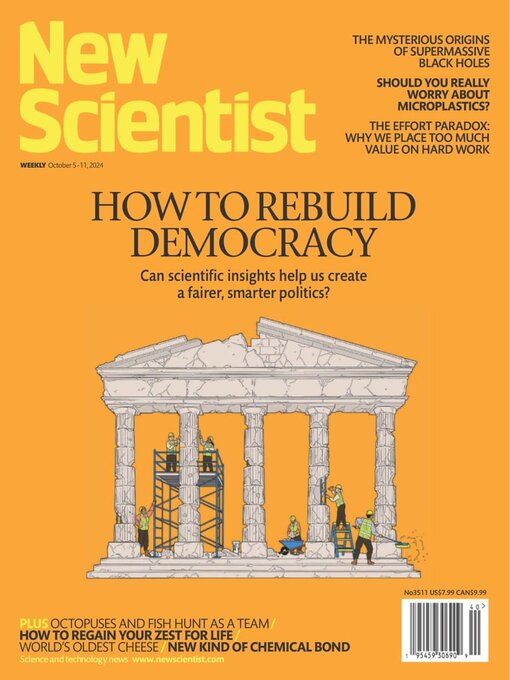
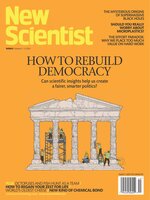 Oct 05 2024
Oct 05 2024
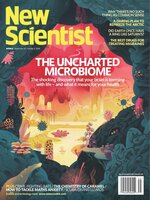 Sep 28 2024
Sep 28 2024
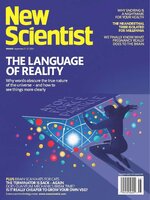 Sep 21 2024
Sep 21 2024
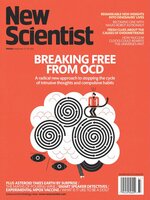 Sep 14 2024
Sep 14 2024
 Sep 07 2024
Sep 07 2024
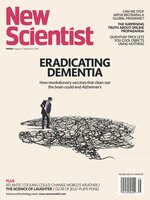 Aug 31 2024
Aug 31 2024
 Aug 24 2024
Aug 24 2024
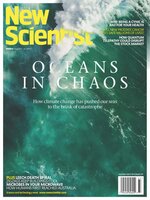 Aug 17 2024
Aug 17 2024
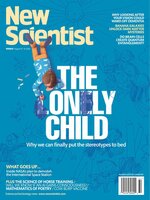 Aug 10 2024
Aug 10 2024
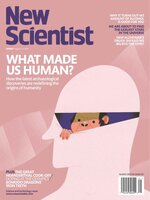 Aug 03 2024
Aug 03 2024
 Jul 27 2024
Jul 27 2024
 Jul 20 2024
Jul 20 2024
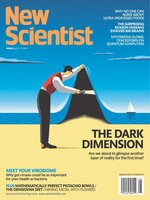 Jul 13 2024
Jul 13 2024
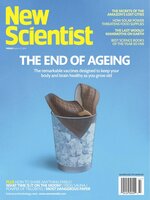 Jul 06 2024
Jul 06 2024
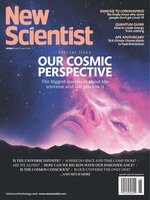 Jun 29 2024
Jun 29 2024
 Jun 22 2024
Jun 22 2024
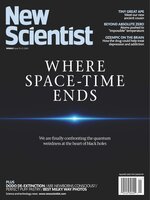 Jun 15 2024
Jun 15 2024
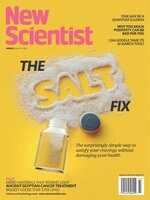 Jun 08 2024
Jun 08 2024
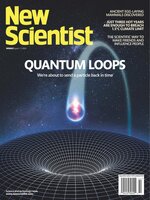 Jun 01 2024
Jun 01 2024
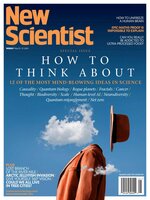 May 25 2024
May 25 2024
 May 18 2024
May 18 2024
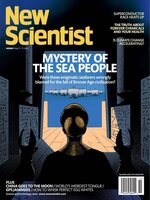 May 11 2024
May 11 2024
 May 04 2024
May 04 2024
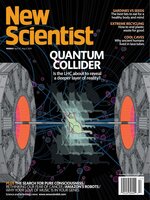 Apr 27 2024
Apr 27 2024
